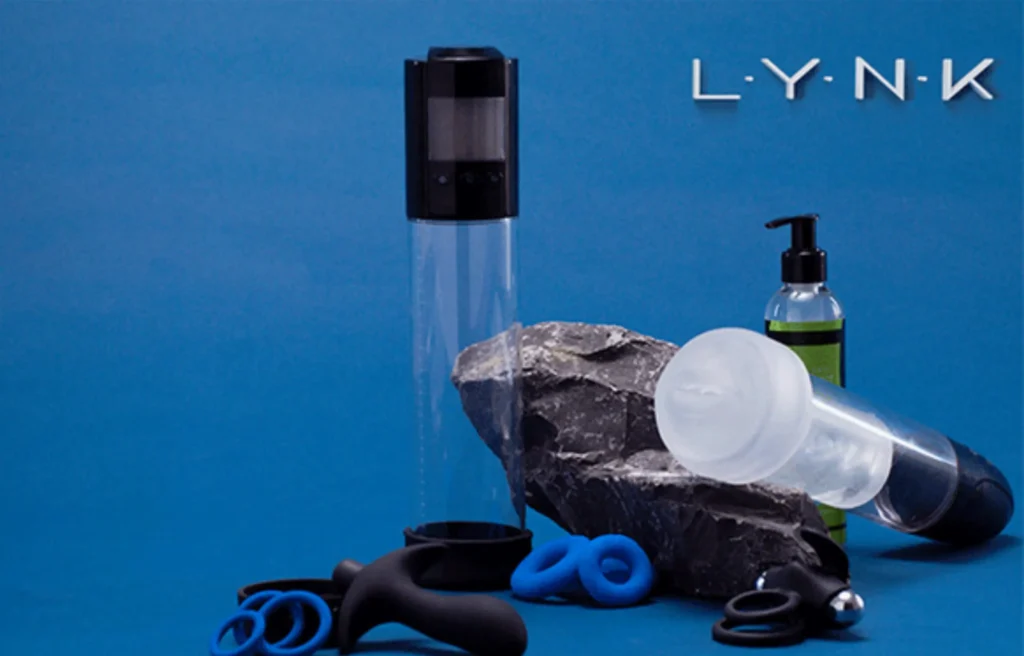Pay-per-click advertising remains one of the fastest ways to generate demand. Google Ads alone can deliver strong returns when campaigns are planned and managed properly. But not every PPC agency works the same way. Before signing a contract, agency owners need clarity, structure, and the right questions.
This guide breaks down the exact questions to ask before hiring a PPC partner, why each question matters, and what good answers should look like.
Why Asking the Right PPC Questions Matters
Many agencies choose PPC partners based on price, promises, or sales calls. That approach often leads to poor performance and wasted spend. Asking direct, informed questions helps you understand how a partner thinks, works, and measures success.
A strong PPC partner should:
- Align with your client’s goals
- Explain the strategy in simple terms
- Protect budgets with data-driven decisions
- Scale campaigns without losing efficiency
The questions below help you filter serious partners from risky ones.
Question 1. What Experience Do You Have in My Industry?
The first question to ask any potential partner is about their industry experience. Running ads for an e-commerce brand is very different from running ads for a B2B software company. Each niche has its own search trends, buying cycles, and competition levels.
Ask the agency if they have worked with businesses similar to yours. Agencies that understand your audience can save you time and reduce wasted ad spend. Research shows that companies using tailored industry strategies see conversion rates rise by nearly 40% compared to generic campaigns.
Question 2. How Do You Structure and Manage Campaigns?
Not all campaigns are created equal. A strong search engine marketing agency should explain how it organizes campaigns, ad groups, and keywords. Poor structure often leads to low-quality traffic and higher costs.
You should also ask how often they optimize campaigns. Some agencies set up ads once and leave them untouched, while others refine them daily to improve performance. Agencies that continually optimize can lower average cost-per-click by as much as 20%, which makes campaign budgets stretch further.
Question 3: How Do You Approach Keyword Research?
Keyword research is more than picking popular search terms. Strong PPC partners focus on intent, relevance, and cost control.
Ask how they:
- Identify long-tail opportunities
- Use negative keywords
- Analyze competitors
- Match keywords to funnel stages
Partners who rely only on broad keywords usually drive traffic without conversions.
Question 4. How Do You Measure and Report Success?
Metrics matter, but not all metrics tell the same story. Impressions and clicks are useful, but conversions and ROI provide true value. A responsible partner should be transparent about the metrics they report.
When you are evaluating PPC management companies, ask:
- Which KPIs do you track?
- How often will I see reports?
- Do you provide real-time dashboards?
Companies that receive consistent, transparent reporting are 60% more likely to increase ad spend with confidence because they can see exactly what is working.

Question 5. What Is Your Strategy for Budget Allocation?
Budget management plays a huge role in online advertising success. Find out from your potential partner how they choose which platforms to spend on: search, display, remarketing, or social media.
The best PPC agency selection guide will suggest avoiding agencies that dump all your budget into a single channel without testing others. Businesses that diversify across multiple channels have been shown to boost ROI by more than 30% compared to single-channel strategies.
Question 6. How Do You Stay Updated With Platform Changes?
Google Ads, Microsoft Ads, and social platforms change constantly. Algorithms shift, new ad formats roll out, and rules evolve. Your campaigns can be at risk of falling behind if your partner isn’t keeping up.
Ask the provider while selecting them how they stay informed, whether through certifications, industry events, or direct platform partnerships. Agencies that adapt quickly often protect campaigns from wasted spending during major changes.
Question 7. What Tools and Technology Do You Use?
The right tools can make a major difference. Advanced technology helps optimize campaigns faster, from keyword research software to automation platforms.
While tools alone don’t guarantee results, they signal whether your partner invests in efficiency. Consider whether the company leverages automation, A/B testing, and reporting dashboards to maximize your ad performance.
Question 8. How Do You Handle Communication and Support?
Clear communication is vital for long-term success. You should know how often you will meet, whether weekly, biweekly, or monthly. Ask who your main contact will be.
A good partner should act like an extension of your team. When choosing a paid advertising partner, make sure they listen to your goals, respond quickly, and explain strategies in simple, straightforward language.
Question 9. Can You Share Examples of Results You Have Achieved?
While you may not need full case studies, it is reasonable to ask for general success outcomes. Have they increased conversion rates or lowered cost-per-lead for others?
Understanding how they have delivered value before will help you decide more accurately with real-world impact.
Question 10. How Do You Handle Scaling Campaigns?
Successful campaigns eventually need to scale. Whether it is expanding into new geographies, testing new ad formats, or raising budgets, scaling requires strategy.
A skilled PPC marketing agency will plan growth without losing efficiency. Businesses that scale campaigns gradually often maintain up to 80% of ROI while increasing spending. It is a sign of healthy growth.
Frequently Asked Questions
1. How do I know if I should hire a paid advertising agency?
If you don’t have the time, tools, or expertise to run effective campaigns, hiring a partner is the best way forward. When you work with an agency, you gain access to expertise, platforms, and proven strategies that can save money and improve performance.
2. How much does Paid management typically cost?
Costs vary, but most agencies charge a management fee in addition to ad spend. Many partners ask for around 10–20% of your monthly budget. Clear pricing discussions upfront will help avoid surprises later.
3. Can a PPC marketing agency guarantee results?
No agency can guarantee results, and if they promise it, that is a red flag. However, a skilled paid advertising agency will create realistic KPIs, provide detailed reporting, and constantly adjust campaigns to keep improving ROI.
4. How long does it take to see results?
You may see early traffic and clicks within weeks, but stronger results usually appear after 2–3 months of optimization. Agencies that specialize in pay-per-click often recommend patience, as consistent optimization is the key to long-term returns.
Conclusion
Hiring a PPC partner doesn’t need to be overwhelming. By asking these essential questions, you can separate experienced agencies from those who might not deliver. From campaign structure to reporting and budget allocation, each question gives you a clearer picture of whether a partner aligns with your goals.
A strong partner brings clarity, protects budgets, and supports long-term growth. If you’re reviewing options and want a data-driven, structured approach to paid advertising, iClick Advertising works with agencies and businesses to deliver reliable PPC performance through thoughtful strategy and ongoing optimization.





